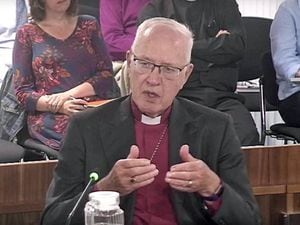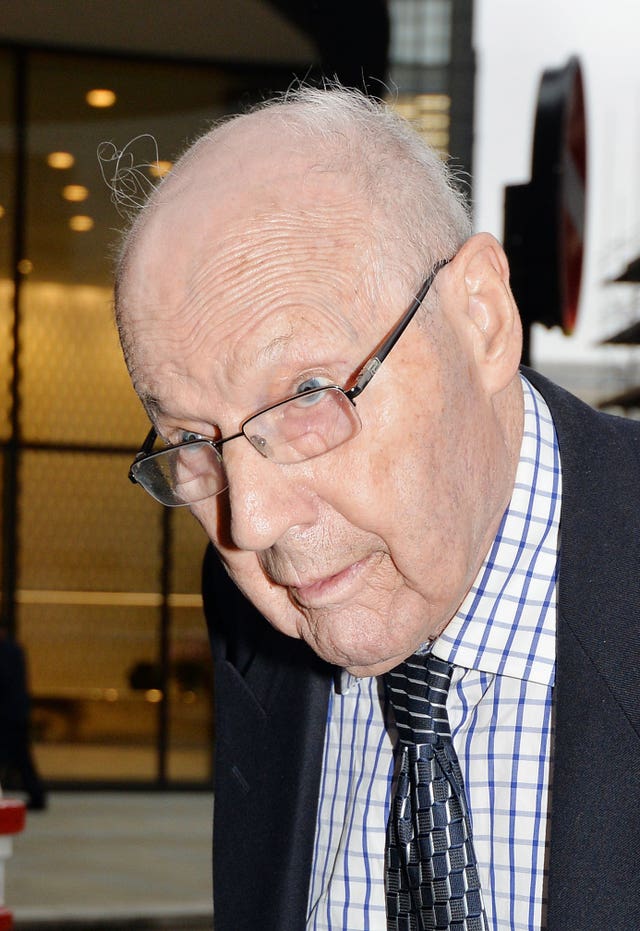Church thought abuse claims bishop was going to retire, Carey tells inquiry
The ex-archbishop of Canterbury admitted the Church of England could have been much firmer in ensuring ‘manipulative’ bishop Peter Ball stayed away.

Church intentions to discipline bishop Peter Ball “fizzled out” because officials thought he was a “sick man” who was going to retire, former archbishop of Canterbury Lord Carey has said.
The peer later admitted the Church of England could have been much firmer in ensuring the “manipulative” bishop stayed away after he resigned in 1993.
He told the Independent Inquiry into Child Sexual Abuse that although he did not put pressure on Ball to resign, it was “inevitable” given the police case mounting against him.
The former archbishop, 82, defended a “pastoral” meeting he held with the since-disgraced bishop days after his arrest, saying he wanted to know about the allegations.
The inquiry heard that Ball, who was arrested in December 1992, protested his innocence.

Lord Carey told the inquiry: “I wanted to know the allegations made against him. (He said) ‘I haven’t done anything wrong’. That was the sort of line he was taking.
“All I remember was his indignant replies that he didn’t do anything. There was a great deal of self-defence on his part. But I had to leave the criminal side of this to the police.”
He followed up with a letter to Ball two days after meeting him, in which he expressed his enduring admiration for the troubled clergyman at the time.
“I want you to know you are in my heart and constantly in my prayers. You need to know that the matter does not diminish my admiration for you or my determination to keep you on the episcopal bench,” said the letter, read out by Fiona Scolding QC.
It added: “You are greatly loved by everyone in the Church… be encouraged and don’t lose heart.”
But the former head of the CofE added: “What a sickly letter it was and I’m rather disappointed. You have to remember he was a deeply respected person in the Church at the time. I did want to keep him on the episcopal bench, that was my intention for a long time.
“But my intention there was to say don’t lose heart. We have got to wait and see.”
Asked if he had fixed intentions to keep Ball on the episcopal bench, he said that could never happen if a bishop had committed the offences alleged against Ball.
He said: “Pity may have influenced myself and others.
“It could have been a longing at some point in the future that he might have a ministry again.”
Despite his initial support, Lord Carey said he lost trust in Ball as time went on and encouraged those who wrote to him about sexual abuse allegations to take them to the police.
Ball accepted a caution for one count of gross indecency in 1993 and resigned due to ill health.
Lord Carey resigned as honorary assistant bishop in the Diocese of Oxford after an inquiry found he delayed a “proper investigation” into Ball’s crimes for two decades by failing to pass letters and information to police.
The inquiry heard excerpts from some of the letters written to Lord Carey following Ball’s arrest, which alleged abusive and improper behaviour by the ex-bishop of Lewes and Gloucester.
He earlier told the inquiry that the CofE had failed those abused by Ball.





